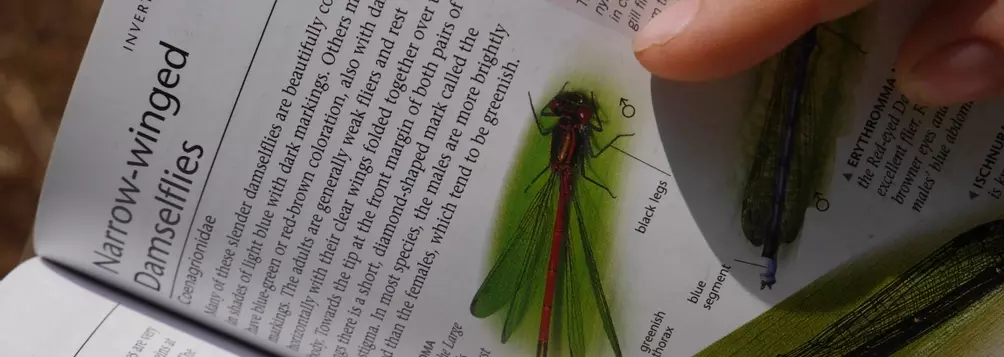What is intelligence...?
How do we measure intelligence?
Are we ignorant if we cannot answer the questions on University Challege when asked by Jeremy Paxman and should we be laughed at if we do not understand something that is new to us?
Intelligences are multifaceted and complex and contain many elements that encompass a set of skills particular to the individual...
It is the job of the educator to focus in on the strengths of the individual and encourage them to pursue their learning in that field.
Dr Howard Gardner, a psychologist and professor of neuroscience from Harvard University, New York, developed a theory based on 'multiply intelligence.' He challenged the traditional believes about intelligences and their relationship with academics and short answer questions and focused more on the diverse aspects of an individual’s character. Based on nine independent intelligences, Gardner’s theory proposed that people have a particular set of skills enabling them to create solutions to solve problems in their lives through gathering new knowledge.
Which intelligence do you favour:
Linguistic - good with words - journalist
Interpersonal - understands others - nurse
Intrapersonal - understanding of oneself - counsellor
Naturalist - sensitive to the natural world - gardener
Existential - philosophical believer - priest
Logical-mathematical - problem solver - accountant
Musical - in-tune with rhythm - conductor
Spatial - sees the bigger picture - architect
Bodily-kinaesthetic - good with their hands - sportsperson
Children should not be conditioned to work in a particular learning style but be encouraged and provided with opportunities in which they can experience different learning styles and have occasions when their desired learning style can be carried out.
Terri Apter, in her book The Confident Child, discusses, ‘How children learn is far more important than what they are taught, with ‘A child’s attitude toward learning…has far more impact on her confidence and, hence, on her future, than the precise facts she knows’ (1997, pg. 129). If this is the case, then a varied curriculum, suited to all learning styles, needs to be encouraged and promoted daily throughout the school life to suit all learning abilities with the inclusion of both indoor and outdoor activities. Once children and educators establish the preference of learning styles for individuals, then their strengths and acquisition of knowledge can to be developed and enhanced. This in turn will encourage confidence, self-esteem and enjoyment, enabling individuals to achieve to their best potential.


